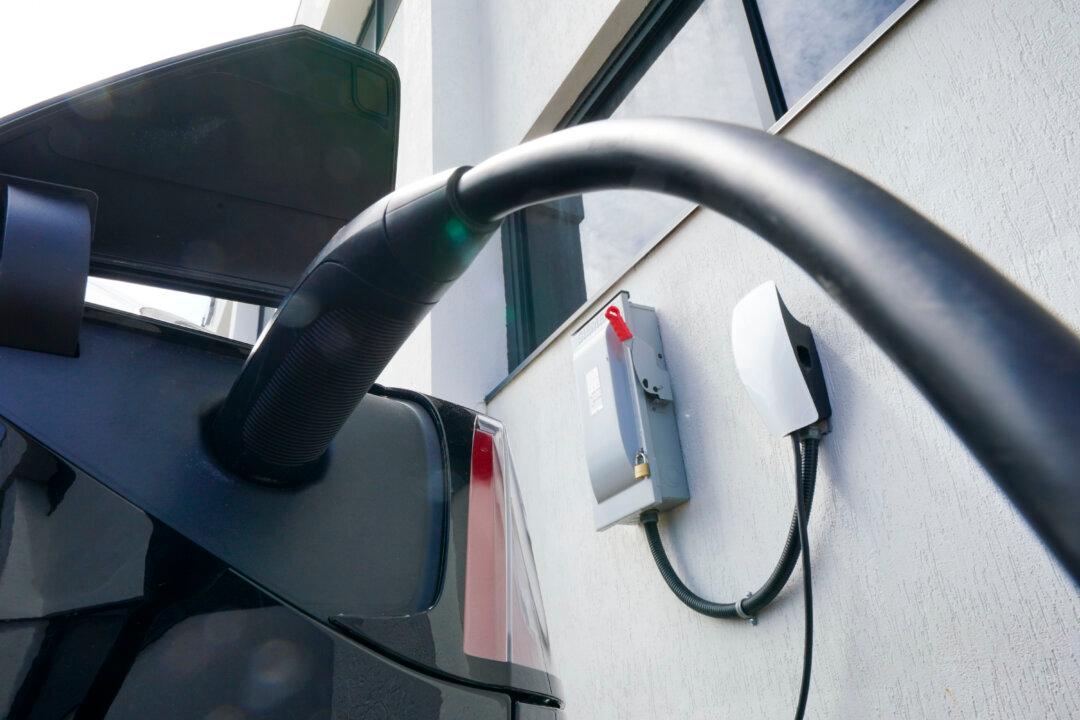The Environment Department is now conducting research into the cost of owning an electric vehicle, according to federal documents, a year after mandating 100 percent electric car sales in the country by 2035.
A document titled “Total Cost of Ownership for Light Duty Vehicles in Canada,” [pdf] posted on the Government of Canada website on Dec. 2, 2022, said, “Environment and Climate Change Canada (ECCC) is seeking information on the current and projected total cost of light duty vehicle (LDV) ownership in Canada.”





